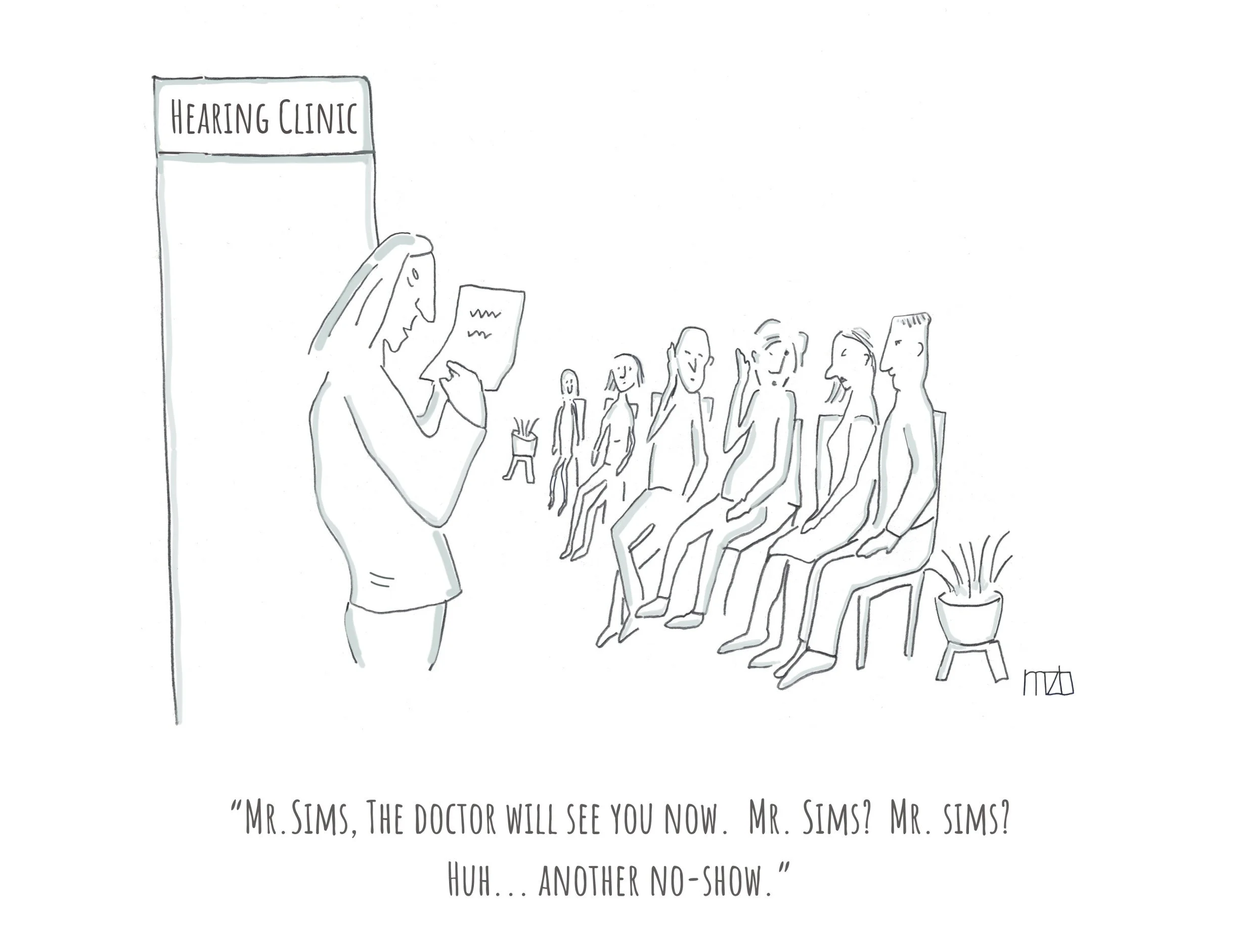Family photos courtesy the Gates family.
George Arthur Gates, M.D., the inaugural medical director of Hearing Health Foundation’s Hearing Restoration Project (HRP), passed away on February 8, 2025.
“George was instrumental in the creation of HHF’s Hearing Restoration Project,” says Elizabeth M. Keithley, Ph.D., chair emerita of HHF's Board of Directors. “His leadership of the HRP, as its first medical director, underscored his continued involvement in hearing research after he retired in 2004.”
Dr. Gates was the past director of the Virginia Merrill Bloedel Hearing Research Center at the University of Washington, emeritus professor in the department of otolaryngology–head and neck surgery in University of Washington’s School of Medicine, and adjunct professor in the department of epidemiology in the School of Public Health and Community Medicine. His research included work on the biology of presbycusis (age-related hearing loss) and Ménière’s disease, and he conducted clinical trials in otitis media (middle ear infection) and Ménière’s disease.
Hearing Health Foundation will be forever grateful to Dr. Gates for his perseverance, vision, and commitment to Hearing Health Foundation and the Hearing Restoration Project. We send our sincerest condolences to his family, friends, and colleagues.
His family shares these memories in his obituary, excerpted below:
“George was born in Chicago, Illinois, on July 25, 1935. He and his siblings grew up in Welch, West Virginia. As a teenager he learned to fly the airplane his father, a country doctor, used to reach patients in the mountains of West Virginia. As a teen, he flew that plane by himself to Florida from West Virginia. His father’s parting advice was to ‘keep the ocean on your left!’ as he flew down the eastern seaboard. He helped his father to bring television to Welch residents by carrying cable up the mountain to connect people.
“He matriculated to the University of Michigan where he earned his undergraduate degree, his doctor of medicine, and ultimately completed his residency program there in otorhinolaryngology. He cherished his time spent in Ann Arbor as a Wolverine. As a new physician, he served in the United States Naval Reserve at a naval hospital in Minneapolis. In 1971 he joined the faculty at the newly established medical school, the University of Texas Health Science Center at San Antonio, as a professor and the head of the otorhinolaryngology residency program…. George took pride in his selection of his ENT residents, holding them to his exacting standards during their training with him and celebrating their successes as they matured into skilled surgeons and clinicians.
“In addition to teaching George was a noted researcher, having had a landmark research paper published in the New England Journal of Medicine in 1987 for his work in treating chronic ear infections in young children. In 1988 he took a position on faculty at Washington University in St. Louis, Missouri. In June 1993, he was recruited to be the inaugural director of the Virginia Merrill Bloedel Hearing Research Center at the University of Washington in Seattle, Washington.
“George was passionate about medicine, especially medicine and surgery involving the ear. By the time of his retirement in June 2004, he had contributed to the education of thousands of physicians, had lectured and performed surgery around the world, and had helped pioneer new surgical techniques with neurosurgeons to remove previously inoperable brain tumors from behind the ear. One of his most notable contributions was his pioneering work in cochlear implants, helping to restore hearing to countless individuals.
“George served as president of the Association for Research in Otolaryngology in 1987-88 and president of the Society of University Otolaryngologists in 1990…. He ended his formal medical career with the Bloedel Center in June 2004, but not his mission to help people. In his retirement, he helped develop a new medical device to better diagnose ear infections in children.
“George was dedicated to his career but equally devoted to his family and his life outside of work. He loved to play the piano, sing, and participate in musical productions. He was a member of the Gilbert and Sullivan Society at the University of Michigan. After his training at the University of Michigan, George continued to perform various Gilbert and Sullivan productions as well as operatic pieces in San Antonio and was a long-time member of the choir at the churches that he attended. He was a golfer, a sailor, and fine woodworker, making pieces of furniture for the homes in which he lived….” (Read the full obituary here.)
University of Washington professor emeritus Edwin W. Rubel, Ph.D., who was also a member of the Hearing Restoration Project, shares these memories on the UW website:
From left: Dr. Gates with Drs. Andy Groves, Stefan Heller, and Edwin Rubel at the launch of the Hearing Restoration Project. The backdrop includes a zebrafish image, a reference to the discovery by scientists including those funded by HHF that fish can spontaneously regenerate their sensory hair cells.
“In 1993 George A. Gates, M.D., moved to Seattle to take on the dual roles of professor in the department of otolaryngology–head neck surgery and director of the Virginia Merrill Bloedel Hearing Research Center.
“He led the center in every way possible, including recruiting new Bloedel affiliates from a wide variety of UW departments, schools, and colleges; working with the School of Medicine administration to secure renovation funding for renovation of administrative and research space assigned to the Research Center; raising funds for specialized research equipment that could be shared between labs; instituting social activities to bring affiliates together; and making time to personally know each affiliate and their research programs. He also instituted programs for the public on hearing awareness and hearing rehabilitation and raised funding for new clinical and basic research collaborations.
"George had a strong commitment to research. While he had his own program on age-related hearing and balance disorders, he was interested in all levels of knowledge and investigation about the ear and the auditory system, including translating this knowledge to current and future clinical practice.
“With over 200 journal publications and several edited books, and through collaboration with a plethora of trainees and colleagues throughout the world, George made enormous contributions to the fields of hearing science and otolaryngology…. George was a wonderful friend and colleague—he will be deeply missed.”
Read more about the history of hair cell regeneration science in a 2014 Hearing Research paper by Edwin Rubel, Ph.D., Stephanie Furrer, Ph.D., and current HRP member Jennifer Stone, Ph.D.










A recent study has confirmed what we always knew: Men don’t listen in the same way women do—but not for the reasons many of us think.